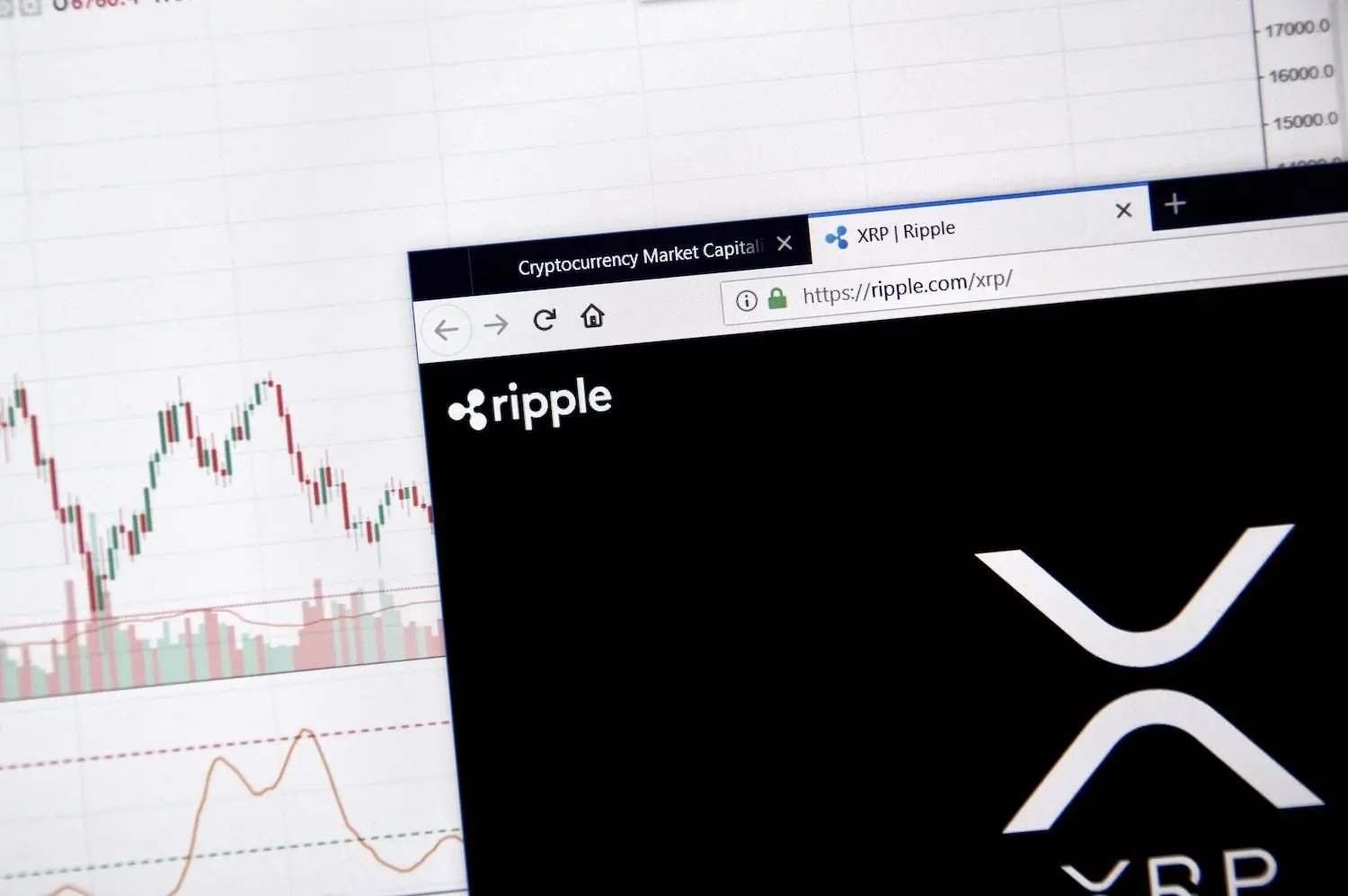Ripple's chief technology officer has directly addressed questions about whether the XRP Ledger imposes taxes on users, sparking a debate over the blockchain's economic model and whether token holders should expect to profit from network activity. David Schwartz clarified that the ledger functions as a public utility without extracting value from users, challenging assumptions that someone must be collecting fees if XRP holders aren't earning returns.
What to Know:
- David Schwartz says transaction fees and reserves on XRP Ledger exist solely as anti-spam measures, not wealth extraction mechanisms
- Matthew Sigel from VanEck questioned who benefits from the ecosystem if XRP holders don't earn anything and the protocol doesn't generate value
- Recent Ondo Finance, Ripple and BlackRock collaboration will use XRP Ledger for stablecoin issuance and Treasury asset redemption
Ripple Executive Clarifies Blockchain Fee Structure
Schwartz explained in a post on X that the XRP Ledger does not impose taxes on users. The ledger allows holders to issue assets, trade, create non-fungible tokens and make payments without a central authority extracting value from these financial activities.
He emphasized that owning XRP does not grant anyone the right to collect fees or profits from the ledger itself. Transaction fees and reserves serve exclusively as anti-spam measures rather than revenue generators.
Schwartz drew comparisons to Bitcoin's blockchain, noting that XRP Ledger provides similar decentralized functionality while supporting additional features including decentralized exchanges, stablecoins and NFTs.
These features operate without requiring XRP holders to profit from the system's operations. The Ripple executive's comments came after Matthew Sigel, head of digital asset research at VanEck, raised questions about who benefits if XRP holders don't earn from the ecosystem and the protocol doesn't generate value.
Real-World Applications Draw Scrutiny
Sigel questioned the blockchain's relevance in an earlier post, suggesting its supporters might overstate its functionality. An XRP community member responded by pointing to a recent collaboration between Ondo Finance, Ripple and BlackRock.
The partnership will utilize XRP Ledger for stablecoin issuance, minting, Treasury asset redemption and liquidity enhancement in financial markets.
Sigel acknowledged the initiative's innovative nature but reiterated that these applications don't directly generate revenue for XRP token holders.
He highlighted a gap between network activity and personal financial gain for investors.
Other community members, including XRPL dUNL validator Vet, argued that the absence of taxation encourages developers and users to focus on building functional use cases rather than relying on passive income. Schwartz responded that XRP Ledger's value stems from enabling financial independence and reducing reliance on intermediaries.
Understanding Blockchain Economics
XRP Ledger operates on a model distinct from traditional revenue-generating platforms. The blockchain enables users to conduct financial transactions, create digital assets and trade without intermediaries collecting fees from these activities. Transaction costs remain minimal and serve primarily to prevent network spam rather than fund token holder returns.
Decentralized exchanges on the ledger allow users to trade assets directly without third-party involvement.
Stablecoins can be issued and managed on the platform, providing alternatives to traditional banking systems. The non-fungible token functionality enables digital asset creation and transfer without requiring XRP holders to receive compensation from these activities.
This structure differs from some blockchain models where token holders receive portions of transaction fees or network revenue. The XRP Ledger instead prioritizes accessibility and utility over passive income generation for investors.
Closing Thoughts
Schwartz maintains that measuring blockchain success through tax collection can overshadow the platform's core purpose of promoting open access and meaningful innovation. The debate highlights ongoing tensions in cryptocurrency markets between utility-focused blockchains and investor expectations for direct financial returns from network activity.



